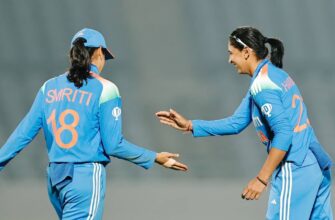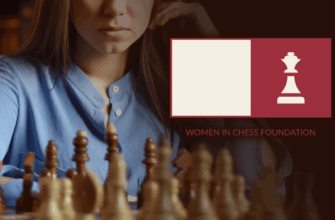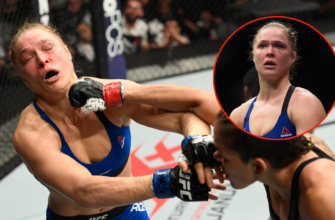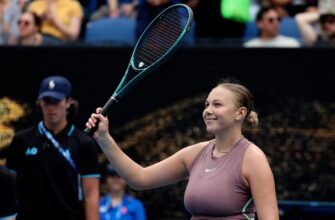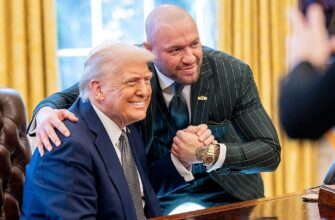In a development that underscores the complex interplay between legal justice and professional accountability, the National Hockey League (NHL) and the NHL Players’ Association (NHLPA) have announced a collective agreement regarding five players recently acquitted in a high-profile 2018 Hockey Canada sexual assault trial. Michael McLeod, Dillon Dube, Cal Foote, Carter Hart, and Alex Formenton, who were cleared of all charges, will face a temporary suspension from the league until December 1st. This decision, while marking a clear path forward, highlights the intricate considerations faced by a major sports league in navigating sensitive public issues.
The Acquittal and the Aftermath: A League`s Dilemma
The original allegations, stemming from an incident in a London, Ontario, hotel room on July 19, 2018, cast a long shadow over the sport, particularly given the players` involvement with the 2018 World Junior Championships team. After a two-month trial, Justice Maria Carroccia delivered a verdict of not guilty for all five individuals. For many, a legal acquittal often signifies the end of a chapter. However, in the realm of professional sports, especially when public trust and brand integrity are at stake, the story often continues beyond the courtroom.
The NHL found itself in a delicate position. Legally, the players were innocent. Ethically and from a public relations standpoint, the allegations themselves, and the surrounding controversy, demanded a considered response. Without an agreement with the NHLPA, Commissioner Gary Bettman would have been compelled to conduct individual hearings, potentially leading to lengthy and contentious arbitration processes – a scenario neither side likely desired to prolong.
A Pragmatic Agreement: Suspension with a Path to Return
The agreement reached by the NHL and NHLPA appears to be a pragmatic solution, designed to acknowledge the gravity of the initial situation while providing a structured pathway for the players` potential return. Under the terms, the players are sidelined until December 1st. Crucially, they become eligible to sign with NHL teams as early as October 15th, offering a window for clubs to assess their options before the suspension concludes.
A key component of this resolution is the players` surrender of their right to appeal the decision. This concession not only streamlines the process but also signals a collective desire to move past the immediate legal and administrative entanglements. It allows the league to project a stance of decisive action without infringing upon the legal acquittals, effectively navigating the treacherous waters between legal verdicts and public expectations.
The Road Ahead: Reintegration and Perception
For McLeod, Dube, Foote, Hart, and Formenton, the journey back to regular professional play will be multifaceted. While the NHL has outlined a timeline for their return, the challenge of securing a contract and reintegrating into the league extends beyond mere eligibility. Each player will face renewed scrutiny from fans, media, and potential employers. Rebuilding trust and redefining public perception, even with an acquittal, is a significant undertaking.
One might observe a subtle irony in the situation: an acquittal grants legal innocence, yet the path back to a fully “normal” professional career often entails a period of purgatory, a temporary “cooling off” period before full re-entry. It suggests that while the judicial system operates on evidence and law, the professional sports ecosystem also factors in perception, stakeholder confidence, and the broader social contract with its audience.
Broader Implications for Professional Sports
This resolution serves as a potent case study for how major sports leagues handle complex scenarios involving player conduct and legal outcomes. It reinforces the notion that an organization’s responsibility can extend beyond strict legal rulings, encompassing moral imperatives and the need to maintain public confidence. The NHL’s approach, balancing consequence with a clear avenue for reintegration, could well influence future responses to similar dilemmas across the sports world.
As the December 1st deadline approaches, and the players become eligible to sign earlier, the hockey world will watch keenly. Their return will not merely be about skills on the ice, but about the broader narrative of redemption, accountability, and the nuanced definition of justice within the arena of professional sports.



